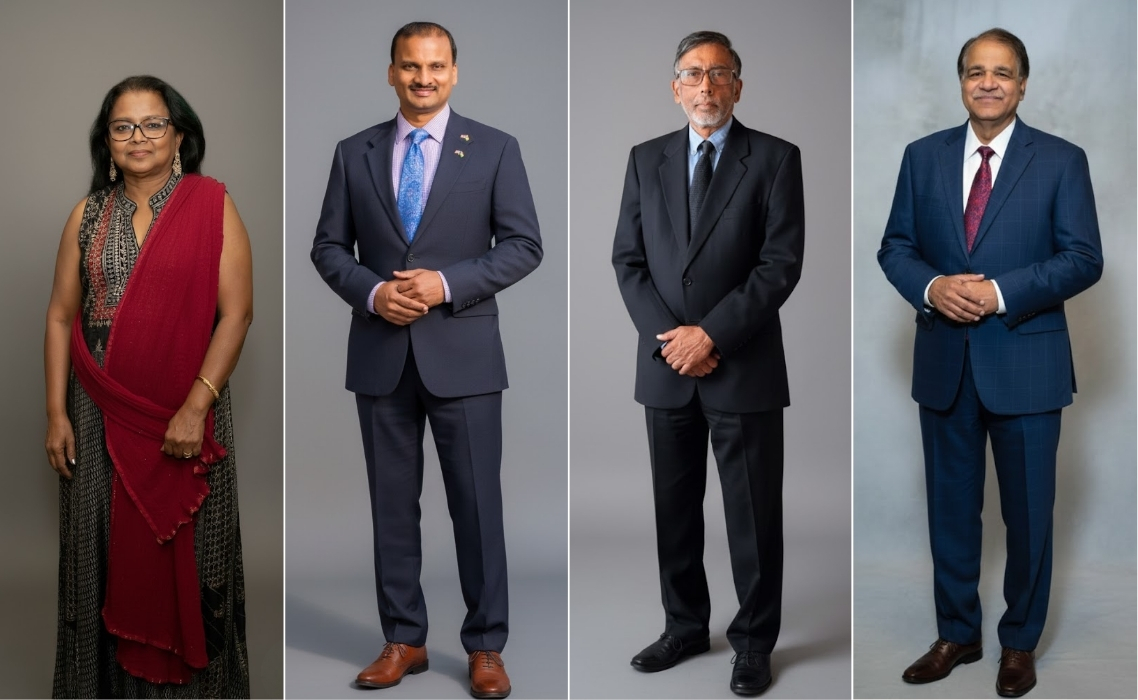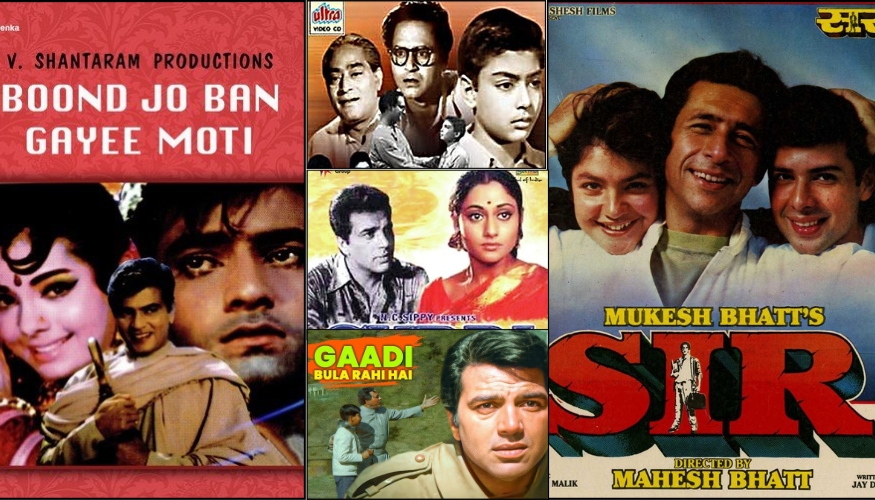|
Getting your Trinity Audio player ready...
|
From Khaki to Compassion: The Top Cop Who Launched a Legacy of Care
Mr. Amod K. Kanth’s life journey is a powerful testament that fighting crime and social justice go hand in hand- a former bureaucrat and Indian Police Service (IPS) officer of the 1974 batch, Mr. Kanth established an illustrious career as an investigator, tackling some of the most difficult and high-profile cases of the time. He gained national and international recognition for his work in combating terrorism, communal forces, economic crimes (like the Hawala and Bank Scam cases), narcotic drugs, and human trafficking. Involved in some sensational cases such as the assassination investigations of Rajiv Gandhi and Lalit Maken, the transistor bomb cases, the Jessica Lal murder, and the famous capture of Charles Sobhraj after his Tihar Jail escape, a story that was later turned into the film ‘Main aur Charles’, Mr. Kanth’s dedication towards improving the lives of underprivileged children is a reminder of how capable humans are to bring about change and protect humanity.
His story is inspiring – While his bravery in the line of duty earned him the President’s Police Medal(s) for Meritorious Service, Distinguished Service, and Gallantry, it also exposed him to cracks in the social system. Multiple investigations he was involved in, highlighted profound vulnerabilities of youth, including cases related to child abuse and juveniles who were caught in petty crimes. And that’s when he realised that many children were falling through the cracks, committing minor offenses, and though the judicial systems had a structure to punish them and ultimately teach them the difference between right and wrong, these children had “no arrangement” for them outside of juvenile homes or jails. And this realization led to something big, something meaningful.
The Moment
The final, tangible catalyst that launched Mr. Kanth’s social work occurred in 1988, years before his retirement, during his active police service. A large slum area in Jahangirpuri, Delhi populated primarily by marginalized families and ragpickers experienced a devastating fire that destroyed thousands of homes. The then Lieutenant Governor of Delhi, Air Marshal H.L. Kapoor, asked Mr. Kanth to accompany him to the site. Witnessing the plight of the numerous poor people, especially the children scattered on the street whose homes had been destroyed, Mr. Kanth felt a strong conviction that he “should do something here”. This experience gave rise to his social organization- PRAYAS.
The Integrated Launch: How Prayas Took Flight
It was in this atmosphere of crisis and commitment that Mr. Kanth launched the Prayas JAC Society at Jahangirpuri in November 1988. Demonstrating the immediate integration of his two careers, the launch was founded on an integrated partnership involving not only himself, but critically, the Delhi Police, the Department of Social Work (Delhi University), and Shramik Vidyapeeth (now JSS). PRAYAS started small- with just 25 children- but with a singular vision: to restore the lost childhood of ‘Children in Need of Care and Protection’ and Juveniles/Children in conflict with law.
Mr. Kanth’s unwavering dedication quickly made PRAYAS a model of good practices for pro-poor and child development activities. His dual expertise i.e the authority of a high-ranking officer with the empathy of a social worker allowed him to eventually transition to influential policy roles, even serving as the Team Leader for the National Study on Child Abuse, a report sponsored by the Government of India and UNICEF.
Restoring Childhood: The Broad Impact of Prayas Today
In the 36 years since its founding, Prayas has grown exponentially into an organization of international acclaim. Today, it directly serves an estimated 50,000 marginalized children, youth, and women across the country. To manage this massive scale, Prayas operates a wide network of support, running approximately 252 to 315 Centers/Units in 12 to 13 States/Union Territories. Central to its mission are its physical support systems, including 38 Homes/Shelters for children, the homeless, adults, and women. This extensive operation is supported by a large professional workforce, employing approximately 750 professionals and several hundred volunteers from India and abroad.
The activities undertaken by Prayas are diverse, targeting the intersecting needs of vulnerable populations:
- Child Protection and Justice: Prayas runs programs specifically focused on child protection & juvenile justice.
- Targeted Vulnerable Groups: They address the needs of Street kids & working Children, providing holistic support through Rescue and Rehabilitation, Alternative Education, and Counseling, Psychosocial, and Legal Support.
- Combating Exploitation: Drawing directly on Mr. Kanth’s police experience, a major area of focus is trafficking of children and women. This work was recognized internationally when the U.S. State Department’s Trafficking in Persons Report (TIP) in 2005 cited Prayas as a model institution for childcare protection, rehabilitation, and social reintegration of trafficking survivors in India.
- Socio-Economic Empowerment: The organization promotes the well-being of families and women through vocational and life skills training, the creation of self-help groups, and income generation programmes to promote entrepreneurship.
- Policy and Advocacy:Mr. Kanth and Prayas continue to contribute significantly toward policy formulations in various national and international forums.
Mr. Kanth’s story is proof that if you decide to use your professional skills for the betterment of the society- You can and you will.
“Children’s Needs and Rights are Synonymous.”
By supporting the weaker sections of society, Prayas strives to empower socially and economically vulnerable sections and illuminate their future. The idea is to protect and improve- to shape a future for the ones suffering, and Mr Kanth’s organisation has been doing it diligently.
Mr. Kanth’s dedication shows that impact isn’t always about choosing one path over another; sometimes, it’s about merging two paths to create a system that works better for everyone. His journey proves that integrity and vigilance can be directed not just toward solving crimes, but toward preventing them by investing in a child’s future.
Did you find this Mr. Kanth’s story inspiring? Share your thoughts on how you believe you can positively impact society with your skills and expertise!







